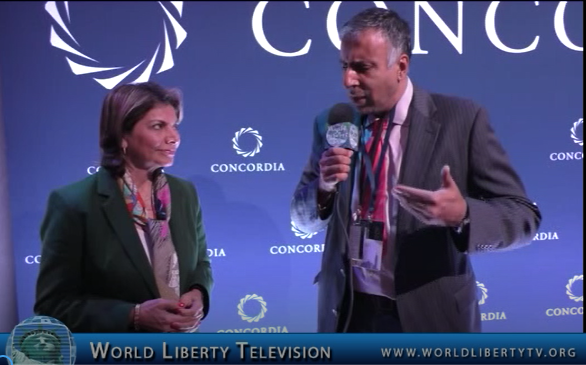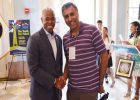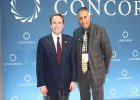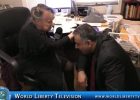Laura Chinchilla, in full Laura Chinchilla Miranda, (born March 28, 1959, Desamparados, Costa Rica), Costa Rican politician who served as vice president (2006–08) and president (2010–14) of Costa Rica.
Chinchilla gained her first public office in 1994, when she became vice minister of public security under Pres. José María Figueres Olsen of the National Liberation Party (Partido Liberación Nacional; PLN). She was promoted in 1996 to minister of public security, a post she held for two years. In 2002, as a member of the social-democratic PLN, Chinchilla won a four-year term in Costa Rica’s Legislative Assembly, where she represented the province of San José. Building on her established commitment to public security and justice, she focused her legislative efforts on combating organized crime, public corruption, domestic violence, and crimes affecting children. She also called for free-trade agreements with various global trading partners and the liberalization of state-controlled components of the economy.
On February 7, 2010, Chinchilla won the presidential election with 46.8 percent of the vote—more than 20 percentage points ahead of the runner-up, Ottón Solís Fallas of the centre-left Citizen Action Party (Partido Acción Ciudadana; PAC), who had been Arias’s main challenger in 2006.
Soon after Chinchilla took office in May 2010, a long-standing border dispute with Nicaragua escalated in the area of Calero Island. When Nicaragua began dredging the San Juan River, Chinchilla’s administration claimed a violation of its country’s sovereignty. In October 2010 Nicaragua sent troops to the region, and Costa Rica responded by mobilizing members of its police force. Chinchilla’s government later filed a brief with the International Court of Justice, which in 2011 ordered both sides to remove their forces. Although she was largely praised for her handling of the situation, Chinchilla’s popularity waned over domestic issues, notably her inability to institute tax reform. In addition, her administration was marred by allegations of corruption, which led several high-level officials to resign. Her term ended in May 2014, and she was succeeded by Luis Guillermo Solís.
Chinchilla was later involved with various organizations, including the Inter-American Dialogue. She also was a fellow at Georgetown University’s Institute of Politics and Public Service.
See More about World Leaders in our World Liberty TV, World Leaders Channel and blogs by clicking here.













